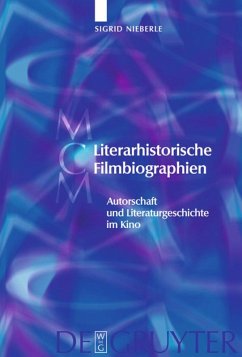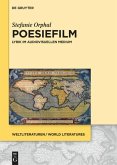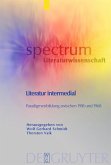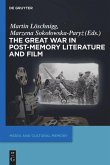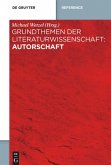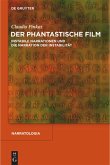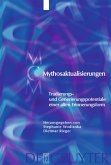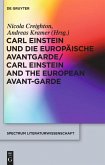The first biopics of poets were shown in cinemas in the USA in 1909 and in Germany in 1912. Since these early beginnings, a constant and rich tradition has developed of biopics of figures from literary history. This study is the first to carry out a longitudinal and lateral study of the genre. "Poet films" as they are called not only provide differing notions of authorship, but they also help write a history of literature as narrated in film. A filmography furnishes information on 180 feature films with themes from the history of the West European and US literary canons.
1909 in den USA und 1912 in Deutschland gab es die ersten Biographien über Autorfiguren im Kino zu sehen. Die literarhistorische Filmbiographik hat seither eine reiche Tradition ausgeprägt, die in dieser Studie erstmals in Längs- und Querschnitten untersucht wird. So genannte "Dichterfilme" entwerfen nicht nur variable Konzepte moderner Autorschaft, sondern sie schreiben auch an einer populären und intermedial narrativierten Literaturgeschichte mit. Autorschaft erweist sich dabei als Effekt filmischen Erzählens in der ökonomischen Wertschöpfungskette. Indem diese Spielfilme in hohem Maße an den Genres des Erzählkinos partizipieren und dessen Erzählmuster aufgreifen, leisten sie einen von der Forschung bisher kaum gewürdigten Beitrag zur Tradierung und Aktualisierung des kulturellen Gedächtnisses. Aufgrund ihrer narrativen Konzeption präsentieren sie literarische Texte dabei immer wieder aufs Neue als Produkte biographischer Entelechie. Auf diese Weise affirmieren sie die Narrative der psychosozialen Devianz im biographischen Spielfilm (Genie und Wahnsinn, Sucht, Homosexualität, Depression etc.) und gleichermaßen den im populären Literaturbetrieb stark etablierten autobiographischen Zugang zu literarischen Texten. Ein Filmverzeichnis gibt Auskunft über 180 literarhistorische Spielfilme des westeuropäischen und US-amerikanischen Kanons.
1909 in den USA und 1912 in Deutschland gab es die ersten Biographien über Autorfiguren im Kino zu sehen. Die literarhistorische Filmbiographik hat seither eine reiche Tradition ausgeprägt, die in dieser Studie erstmals in Längs- und Querschnitten untersucht wird. So genannte "Dichterfilme" entwerfen nicht nur variable Konzepte moderner Autorschaft, sondern sie schreiben auch an einer populären und intermedial narrativierten Literaturgeschichte mit. Autorschaft erweist sich dabei als Effekt filmischen Erzählens in der ökonomischen Wertschöpfungskette. Indem diese Spielfilme in hohem Maße an den Genres des Erzählkinos partizipieren und dessen Erzählmuster aufgreifen, leisten sie einen von der Forschung bisher kaum gewürdigten Beitrag zur Tradierung und Aktualisierung des kulturellen Gedächtnisses. Aufgrund ihrer narrativen Konzeption präsentieren sie literarische Texte dabei immer wieder aufs Neue als Produkte biographischer Entelechie. Auf diese Weise affirmieren sie die Narrative der psychosozialen Devianz im biographischen Spielfilm (Genie und Wahnsinn, Sucht, Homosexualität, Depression etc.) und gleichermaßen den im populären Literaturbetrieb stark etablierten autobiographischen Zugang zu literarischen Texten. Ein Filmverzeichnis gibt Auskunft über 180 literarhistorische Spielfilme des westeuropäischen und US-amerikanischen Kanons.

